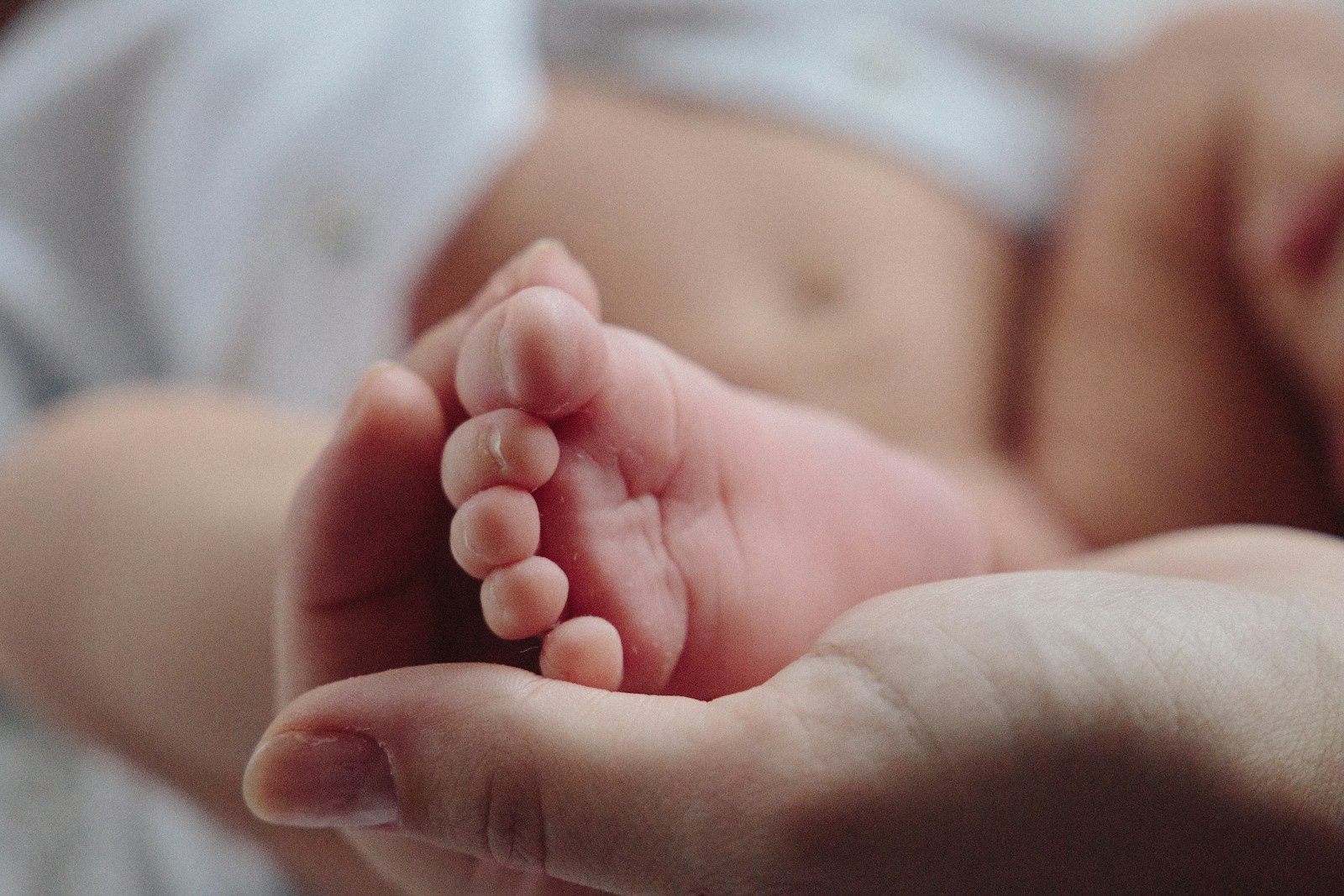The days after an embryo transfer is always an emotional rollercoaster, for many individuals undergoing in vitro fertilization (IVF), this phase—often called the “two-week wait”—is filled with anticipation, anxiety, and a constant search for signs that the treatment worked.
A frequently asked question during this time is:
👉 “Are there any implantation symptoms after IVF that can signal success?”
In this guide, we’ll explore:
- What implantation means during IVF
- The most common implantation symptoms
- How to differentiate real symptoms from hormone side effects
- What to expect based on embryo type (fresh vs frozen)
- When to take a pregnancy test
Key Takeaways
- Implantation symptoms usually appear 6–10 days post-transfer
- Spotting, fatigue, cramping, and breast tenderness are the most common
- IVF medications can mimic early pregnancy signs
- Only an hCG test can confirm a successful implantation
What Is Implantation in IVF?
Implantation is the process by which the transferred embryo embeds into the uterine lining, usually occurring between 6–10 days after transfer during a natural cycle.
In IVF, depending on whether you had a Day 3 or Day 5 embryo transfer, implantation symptoms may begin as early as 3–4 days post-transfer.
✅ Successful implantation is the first critical step toward pregnancy—triggering the release of human chorionic gonadotropin (hCG), the pregnancy hormone.
Common Implantation Symptoms After IVF
⚠️ Important Note: Not all women experience symptoms, and their absence doesn’t mean IVF has failed.
Below are the most reported IVF implantation symptoms based on clinical data and patient experience:
🩸 Light Spotting or Implantation Bleeding
- May occur 6–9 days post-transfer
- Pinkish or brown discharge
- Usually lighter than a menstrual period
- Lasts 1–2 days
🤕 Mild Cramping


- Dull or light twinges in the lower abdomen
- Often mistaken for period pain
- Feel like an embryo burrowing into the uterus
🤒 Fatigue or Exhaustion
- Caused by rising progesterone and hCG levels
- May feel like extreme tiredness without exertion
🥵 Breast Tenderness
- Sore, swollen, or sensitive breasts
- Affected by hormone supplementation (especially progesterone)
🤢 Nausea or Food Aversion


- Rare before 2 weeks post-transfer
- Could indicate early pregnancy if hCG is already rising
🌡️ Elevated Basal Body Temperature
- May remain higher than usual beyond the 2-week mark
- Not always reliable but can be one subtle sign
💧 Increased Vaginal Discharge
- Watery, creamy, or milky white
- Related to high progesterone
🧻 Frequent Urination
- Due to increased blood flow and early hormonal changes
- Could also be linked to medications or early hCG production
🧠 Mood Swings or Emotional Changes
Emotional highs and lows are common, it may be due to progesterone or early hormonal shifts
Symptoms Due to IVF Medications (Not Implantation)


It’s important to note that IVF hormone therapy—particularly progesterone supplements—can mimic pregnancy symptoms even in the absence of implantation. These include:
- Bloating
- Breast pain
- Nausea
- Headaches
- Cramping
❗ Don’t panic if symptoms appear or disappear—many IVF pregnancies are asymptomatic in early days.
Implantation Symptoms in Fresh vs. Frozen Embryo Transfer
| Factor | Fresh Embryo Transfer | Frozen Embryo Transfer (FET) |
| Timeline of Symptoms | 6–10 days post-transfer | 5–9 days post-transfer |
| Symptom Onset | May be delayed due to ovarian stimulation | May appear sooner due to natural uterine state |
| Hormonal Influence | Higher due to stimulation | Controlled and predictable hormonal levels |
Rare But Possible Symptoms of Successful Implantation
- Hot flashes or chills
- Metallic taste in mouth
- Heightened sense of smell
- Constipation or altered bowel habits
🧘♀️ These vary widely and are often nonspecific. Don’t read too much into any one symptom.
When Can You Take a Pregnancy Test After IVF?
- Wait at least 10–12 days post-embryo transfer for an accurate blood test (Beta-hCG)
- Avoid early home pregnancy tests, which can show false positives due to hCG injections used in IVF
| Transfer Type | Best Time for hCG Test |
| Day 3 embryo transfer | 12–14 days after transfer |
| Day 5 blastocyst | 9–11 days after transfer |
What If You Have No Symptoms?
Around 15–25% of successful IVF pregnancies report no implantation symptoms. Remember:
- Lack of symptoms is not a negative sign
- The only confirmation of pregnancy is a positive hCG blood test
Final Thoughts: Stay Informed, Stay Calm
The journey after embryo transfer can be emotionally charged, but understanding potential implantation symptoms in IVF can bring clarity.
✨ While these signs may give hope, they’re not definitive indicators. Be gentle with yourself, avoid overinterpreting every symptom, and rely on medical confirmation through a pregnancy test.
If you’re unsure about any symptoms or are experiencing severe pain or heavy bleeding, consult your fertility specialist immediately.




